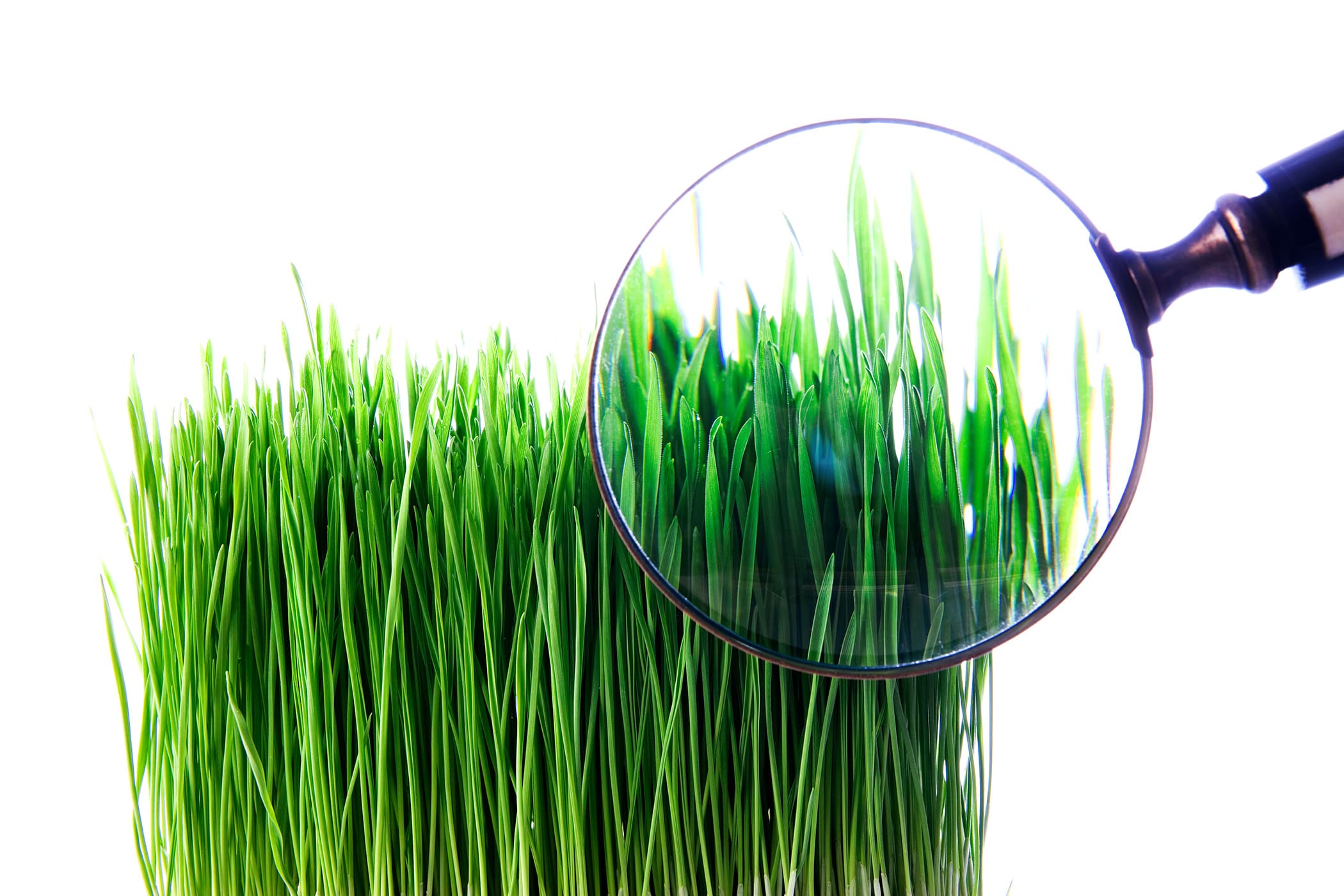
Back before I joined NALP, I spent quite a bit of my time training new lawn specialists. That includes teaching problem-solving, a proficiency that takes a very long time to master. While it is very true that some of the problems we encounter in caring for turfgrass are pest-related, many times, the problems are due to the customer’s irrigation system. Here’s an example.
I was spending this particular day with a new lawn specialist, teaching this young man how to spray with a ChemLawn gun. We were at a beautiful oceanfront home in Maine where, coincidently, the gardener was busy deadheading and weeding in the ornamental beds. He decided to strike up a conversation (or, more accurately, strike up an argument) with me about an off-color area of the lawn and how it must have been burned by fertilizer or herbicide. If I had a nickel for every time I’ve been accused of burning a lawn, I’d be a very rich man indeed.
Now, when it comes to burning a lawn, most of the time it’s pretty obvious in that the entire lawn is involved, not just a small section, as was the case here. This lawn was very healthy except for the half-moon-shaped area along one of the ornamental beds. It appeared dry to me, which made me want to check out the irrigation system.
“No, it’s not dry! There’s an irrigation system here!” was the retort from the gardener to that observation.
Time to run the irrigation system through a manual cycle and observe each sprinkler head and how it was functioning. The gardener was growing more annoyed with me as I stuck irrigation flags in the lawn where, in a regular pattern, sprinkler heads popped up. Sure enough, right in the middle of the brown area, there was a break in the pattern. Where there should have been a sprinkler head, there wasn’t one. Or was there? I paced off the distance from the adjoining head and suddenly I stepped in some mud.
A clue! A smoking gun! Or, more accurately, a muddy spot! I felt like Sherlock Holmes, or maybe since I looked a little rumpled, Lieutenant Colombo. Being a horticultural detective is a lot of fun!
With a little digging, I found the missing sprinkler head buried under some overgrown turf. The look on the gardener’s face was priceless! All the chuckling aside, the problem-solving aspect of our job could very well be the most important. From accurately articulating the many environmental benefits of turfgrass to distinguishing between a broken sprinkler head and fertilizer burn, this skill set brings considerable value to our services.
So you must be wondering, how do I become a lawn detective? My advice is to become a student of the craft. Subscribe to as many industry magazines as you can get your hands on, including those in both the sports turf and golf course industries. Find the social media accounts of turfgrass researchers and educators and read them religiously. Start a library of horticultural books, not just about turfgrasses, but trees, shrubs, diseases, insects, and weeds. Especially weeds.
I’ve been collecting horticultural books since I bought my first textbook in college. Some books I purchased, others were given to me, including a first-edition copy of Rachel Carson’s “Silent Spring” and a nearly complete set of the International Turfgrass Society Research Journal (great for insomnia!). Podcasts are also a fantastic source of information. What I particularly like about podcasts is the casual nature of the conversation between host and guest, giving it the feel of sitting around a table and having a beer while talking turfgrass.
None of this is cheap, not in terms of time or money. But you simply cannot become an expert at what you do, regardless of your profession, without considerable investment in yourself.
This article was published in the July/August issue of the magazine. To read more stories from The Edge magazine, click here to subscribe to the digital edition.

